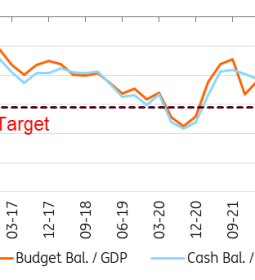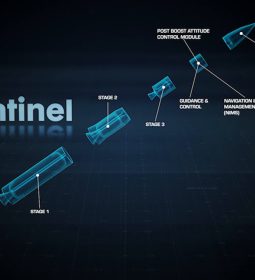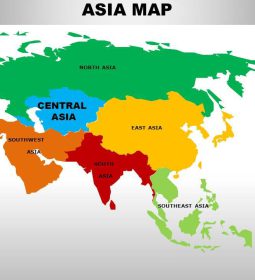Japan prepares to become major “lethal weapons” exporter


The ruling coalition as early as next year is expected to lay the groundwork to allow Japan to substantially expand its exports of lethal weapons.
The Liberal Democratic Party and its coalition partner, Nippon Ishin (Japan Innovation Party), plan to establish a council within the year to begin full-fledged discussions on scrapping a regulation that limits the nation’s defense equipment exports.
The government and the ruling parties aim to abolish the regulation next year, according to government and coalition sources.
The implementation guidelines for the Three Principles on Transfer of Defense Equipment and Technology, adopted in 2014, restricts weapons exports from Japan to five purposes: rescue, transportation, vigilance, surveillance and minesweeping.
The LDP and Nippon Ishin, both proponents of expanding arms exports, stated in their coalition agreement in October that they would abolish the “five-categories” rule during the ordinary Diet session in 2026.
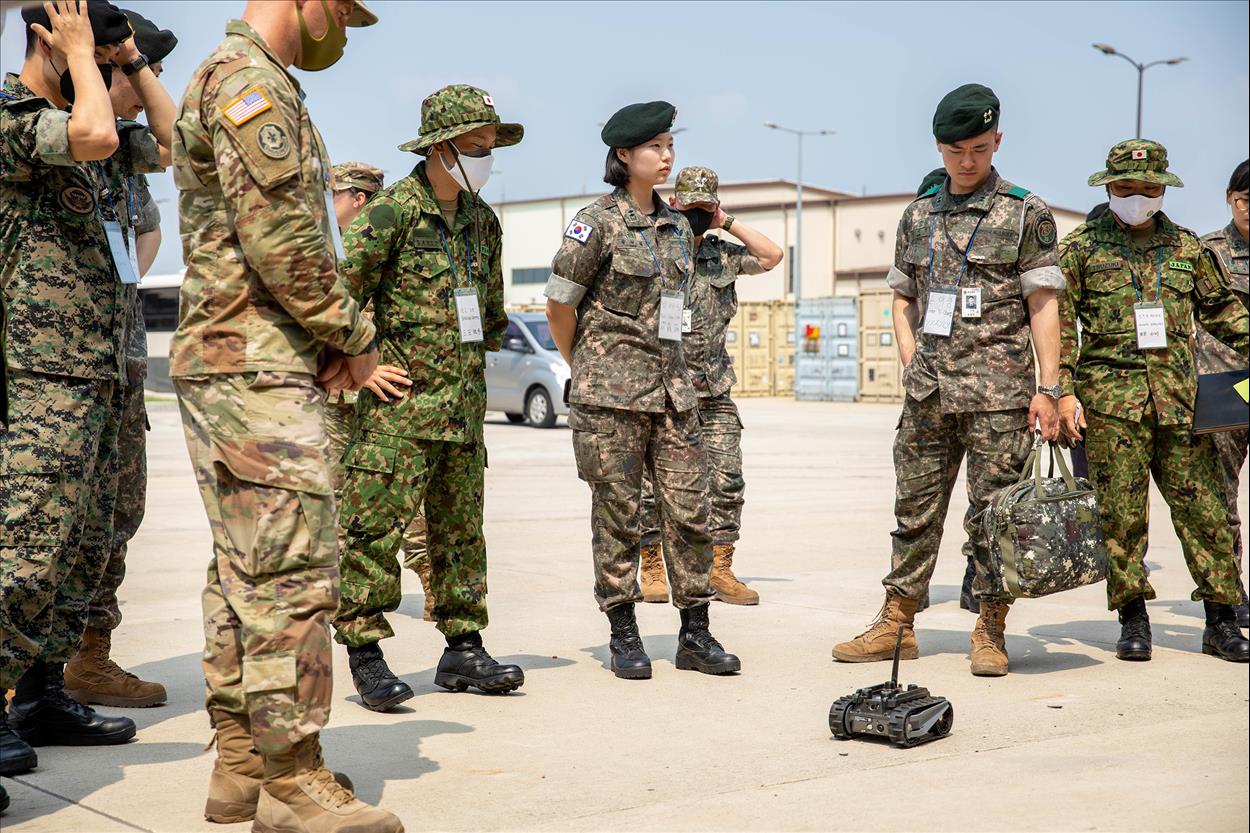
Nippon Ishin is scheduled to establish its own study group on national security on Nov. 12.
According to government sources, the National Security Secretariat and the Defense Ministry have already started internal deliberations on abolishing the regulation.
Proposals unde r consideration include deleting references to the five categories from the implementation guidelines to allow exports of finished weapons across the board.
r consideration include deleting references to the five categories from the implementation guidelines to allow exports of finished weapons across the board.
Plans are also being examined to significantly broaden both the permissible purposes and destinations for arms exports.
Under the Three Principles, exports are permitted only for purposes that “contribute to proactive promotion of peace and international cooperation,” and destinations are limited to “allies and other partners.”
The government plans to refine the details of the revisions based on discussions within the ruling coalition council.
Amending the Three Principles or their implementation guidelines does not require legal revisions and can be completed through government and ruling party procedures.
The Cabinet decides on changes to the Three Principles while a nine-minister meeting of the National Security Council determines revisions to the implementation guidelines.
So far, the only export of a finished product under the five-categories framework has been a warning and control radar system for the Philippines.
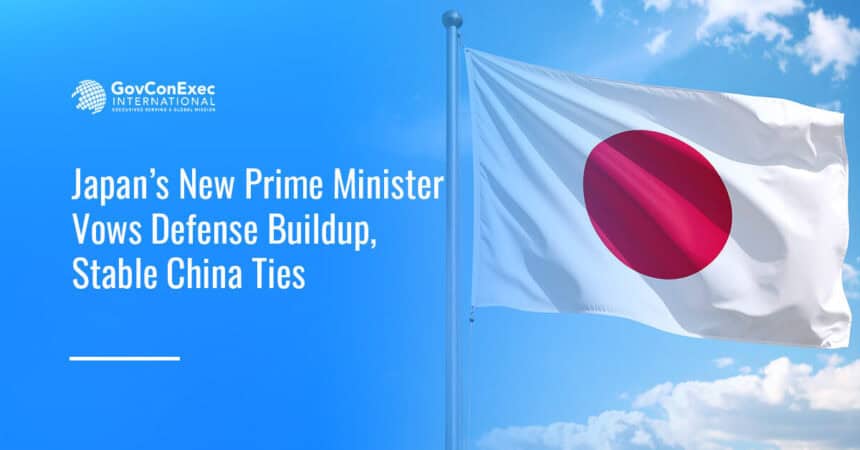
For this reason, a sweeping overhaul of the restriction has been a long-held goal for the government and the LDP.
“Amid a dramatically changing security environment, the five-categories rule has become a shackle on weapons exports,” a Defense Ministry source said.
Komeito, which had taken a cautious stance on scrapping the regulation, withdrew from the coalition after the LDP leadership race in October.
The pacifist party’s departure created an environment for the government and the new coalition partners to push for abolition.
In a Lower House plenary session on Nov. 5, Prime Minister Sanae Takaichi said, “We will move forward with concrete deliberations to swiftly revise the implementation guidelines of the Three Principles.”
In a video message for a Nov. 11 event hosted by the Acquisition, Technology and Logistics Agency, Defense Minister Shinjiro Koizumi also said, “We will proceed with discussions in coordination with relevant ministries and agencies to promptly realize revisions to the implementation guidelines.”
(This article was written by Mizuki Sato and Taro Ono.)
- Previous New Japanese PM Takaichi refuse to confirm non-nuclear status of Japan
- Next India links Turkey to Red Fort terrorist act: Turks reject











